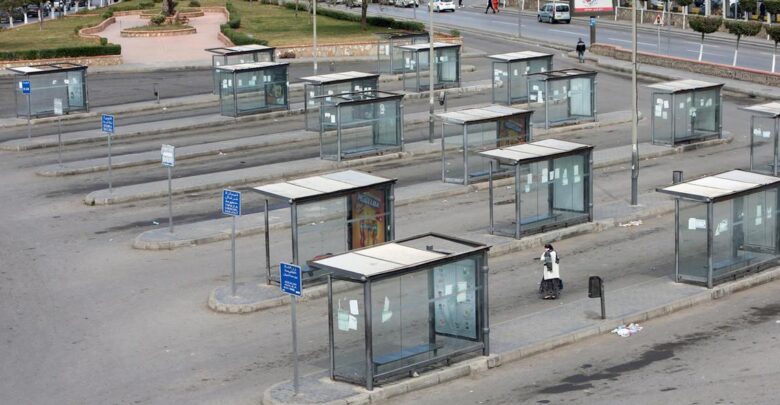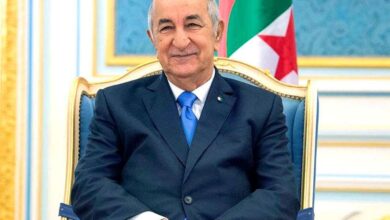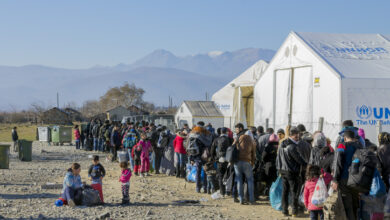Algeria
Algeria Extends Coronavirus Lockdown Until June 13 In 44 Provinces Amid Pandemic

The Algeria government on Thursday announced the extension of lockdown from May 30 to June 13, as the number of COVID-19 infections in the country reaches almost 9,000, since the first case was registered on 25 February, reported Africa News.
“After consultation with members of the Scientific Commission in charge of following up the progress of the COVID-19 pandemic, and after approval of President Abdelmadjid Tebboune, the government decided to extend the lockdown period for an additional 15 days, starting from May 30 until June 13,” read a statement released by the Prime Minister Office.
According to the statement, there will be partial containment in 44 of Algeria’s 48 wilayas (prefectures). The confinement has been completely lifted in the other four prefectures, three of which are in the extreme desert south of the country.
It said the capital Algiers and 15 other provinces will remain under partial lockdown from 5 p.m. to 7 a.m. The other remaining provinces will have partial lockdown from 7 p.m. to 7 a.m.
The government has urged Algerians to wear face masks and adhere to hygiene and social distancing rules to stop the spread of the virus. Offenders are already being sentenced to heavy fines.
Earlier on Thursday, Djamel Fourar, head of the commission, reported 140 new infections in the country in last 24 hours. Fourar revealed that the total number of infections increased to 8,997, while death toll hit 630 after seven new deaths were reported. He informed that 148 patients got discharged from hospitals, as the total recoveries reached 5,277 cases.
Earlier this week, the scientific committee on Algeria’s COVID-19 outbreak said Algeria will continue to use anti-malaria drug hydroxychloroquine against the novel coronavirus despite the World Health Organization (WHO) suspending clinical trials of such treatments.
“There is evidence that the use of chloroquine by Arab and African countries has proven to be effective when used early,” Mohamed Bekkat, a member of the scientific committee, said.





